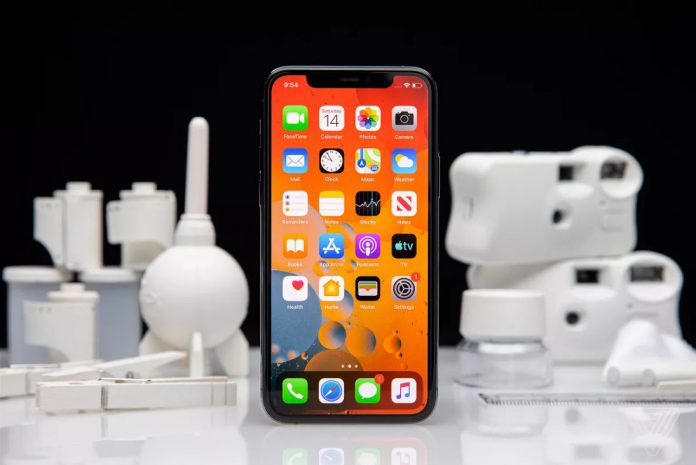Last August, Apple announced it would let more indie repair shops buy genuine iPhone parts and tools so they could do common iPhone repairs. It seemed like an exception to Apple’s tight restrictions around who it deems worthy of repairing your phone. But it sounds like Apple drew up a contract so draconian that some shops are refusing to sign it, making us wonder whether Apple meant to assist the repair industry at all.
Vice obtained a copy of the contract, and the terms sound extremely invasive. Apple can apparently do unannounced audits and inspections of a repair shop at any time to make sure it isn’t using knockoff repair parts, for example. And if Apple finds that a shop used knockoff parts in more than two percent of its transactions, it might have to pay a lot of money — the contract says Apple can fine that shop $1,000 for each transaction that happened during that audit, period. The shop would also have to reimburse Apple for its investigation.APPLE CAN SUPPOSEDLY REQUEST SOME CUSTOMER INFORMATION AT ANY TIME
And if a repair shop ever leaves the program, the contract also reportedly lets Apple make inspections for up to five years after that shop leaves the program. Repair shops are also supposedly required to give Apple customer information such as names, phone numbers, and home addresses whenever Apple asks.
Not all repair shops are refusing to sign the contract, though. Some told Vice they appreciated how Apple was giving them a way to get parts from the manufacturer, and one shop owner said he would welcome the audits because “I know everything in our house we’re selling is fine and above board.”
The restrictive contract ultimately isn’t too surprising for Apple, which likes to keep its devices locked down and instead push users towards repairs at its stores or by authorized service providers. Last year, for example, Apple began showing notices to some iPhone users who had third-party battery or screen replacements that said those parts couldn’t be verified as genuine — even if the parts actually were. Apple also apparently successfully lobbied to postpone California’s right-to-repair bill last year.
So even though Apple seemed to be moving in a more repair-friendly direction by letting independent repair shops buy genuine parts, the terms required to actually get those parts suggest that Apple’s stance toward third-party repairs hasn’t really changed all that much.


